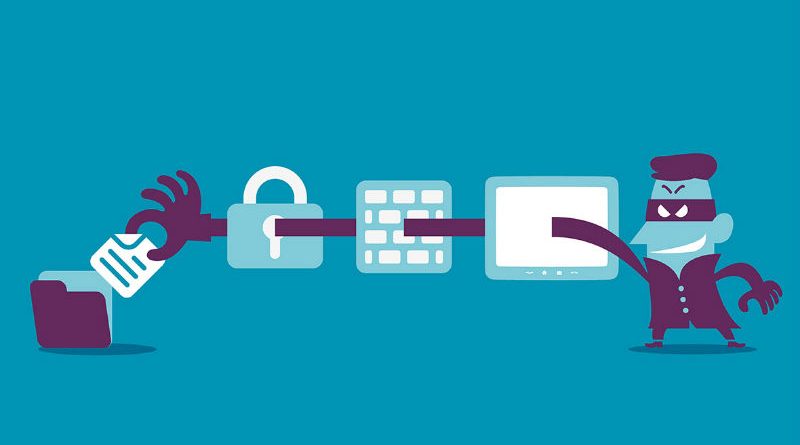SALES: 713-351-5196 713-351-5196
SUPPORT: 713-351-5160 713-351-5160
The Added Stress Can Bring Your Work to a Standstill
Malware is unauthorized software put onto a network for the purpose of disruption, data corruption, or data gathering. Commonly, malware is spread through phishing attacks. Other attack vectors include website hacking, port exploitation, and code injection. This also includes computer viruses, worms, and bots.
Cryptojacking
Cryptojacking is a type of malware and is the unauthorized use of someone else’s computer to mine cryptocurrency. Similar to ransomware, cryptojacking is more subtle and will infiltrate your servers and use your own power and bandwidth to mine cryptocurrencies. It appears through phishing like tactics or via a script on a website that automatically executes when the malicious site is visited. Cryptomining works in the background as unsuspecting victims use their computers normally. The only sign that may be noticed is slower performance or lags in execution on their computer.
The added burden to your system can be more than a simple increase to your energy and Internet bill. The added stress to your system could lead to hardware failure, bringing your work to a standstill.
Defend Yourself Against Malware
- Don’t take the bait! The #1 vector for malware is phishing.
- Backup your data.
- Ensure your PC and anti-virus software is up-to-date.
- Do not download software from unknown sources.
- Do not accept browser plug-ins from unknown sources or without signatures.
- Change your passwords (some malware capture keystrokes)

